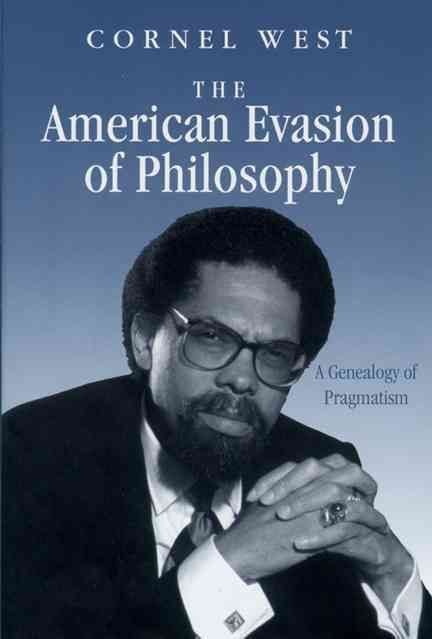This research monograph provides systematic and comprehensive materials for applying inframarginal analysis to study a wide range of economic phenomena. The analysis is based on a new overarching framework to resurrect the classical notion of division of labor and specialization, which is an essential source of increasing a nation’s wealth. The framework absorbs many classical and neo-classical insights in a general equilibrium analysis and explains many micro- and macro-phenomena. Many areas of the discipline that have been customarily treated as separate branches can now be analyzed systematically within this integrated framework. These include, for example, micro-economics; macro-economics; development economics; international economics; urban economics; growth theory; industrial organization; applications of game theory in economics; economics of property rights; economics of transaction costs; economics of institutions and contract; economics of organization; economics of states; managerial economics; theory of hierarchy; new theory of the firm; theory of money; theory of insurance; theory of network and reliability.Contents:Consumer-Producer’s Decisions to Choose the Optimum Level and Pattern of SpecializationMore General Smithian ModelsThe Labor Market and the Institution of the FirmEndogenous Transaction Costs and Theory of Contract, Ownership, and Residual RightsExogenous Comparative Advantages in Technology and Endowment, Division of Labor, and TradeUrbanization, Dual Structure Between Urban and Rural Areas, and the Division of LaborEconomics of Property Rights and Insurance and Risk of Coordination Failure of the Netwok of Division of LaborIndustrialization and the Division of Labor in Roundabout ProductionEconomic Growth Generated by Endogenous Evolution in Division of LaborExperiments with Structures of Division of Labor and Evolution in Organization Information Acquired by Societyand other papersReadership: Advanced graduates and undergraduates in economics; economists; professors and researchers in economics.












